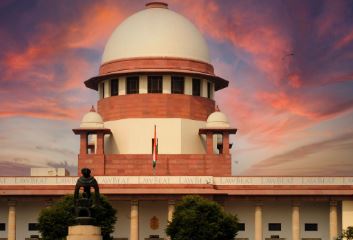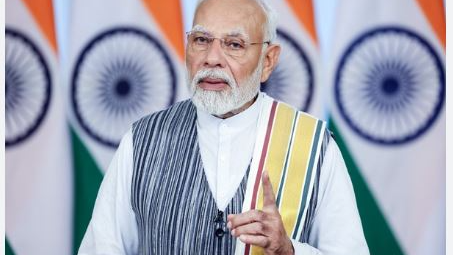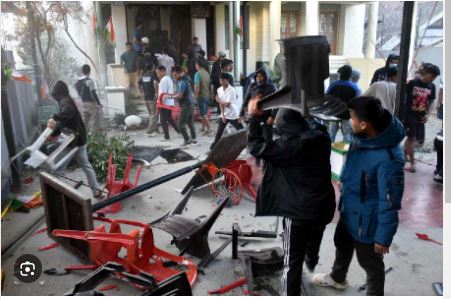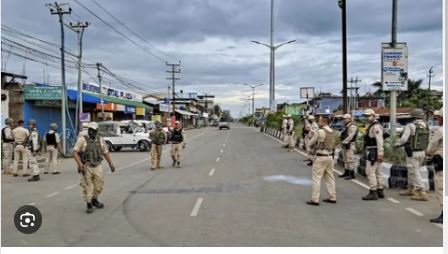New Delhi, November 17: The Supreme Court clarified that being declared a proclaimed offender under Section 82 of the Code of Criminal Procedure (Cr.P.C.) does not impose an absolute bar on seeking anticipatory bail.
A bench comprising Justices M.M. Sundresh and Aravind Kumar stated that while a declaration under Section 82 Cr.P.C. is a factor, it does not automatically preclude the consideration of anticipatory bail applications.
The Court emphasized that factors such as the case's circumstances, the nature of the offence, and the context of the proclamation must guide decisions on anticipatory bail pleas.
The ruling came in a case involving allegations of mistreatment of a deceased woman by her husband and others, including the appellant. While the husband was in custody, the appellant sought an anticipatory bail, claiming non-involvement and arguing that custodial interrogation was unnecessary.
The prosecution opposed the plea, asserting that the appellant, declared a proclaimed offender, should not receive anticipatory bail. However, the appellant contended that such a declaration should not automatically bar her from bail consideration.
Overruling the High Court's denial of bail, the Supreme Court noted the appellant's willingness to cooperate and the absence of summons from investigative authorities. It ruled that custodial interrogation was unwarranted and granted anticipatory bail, subject to cooperation with the investigation.
The Court added, "Liberty is given to the respondents to seek cancellation of bail if conditions imposed by the Trial Court are violated or if threats to witnesses emerge."
This decision underscores the need to balance individual liberty with the gravity of charges and ensures a case-specific approach to anticipatory bail pleas involving proclaimed offenders.









































